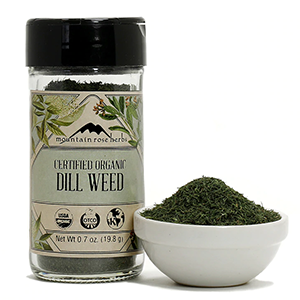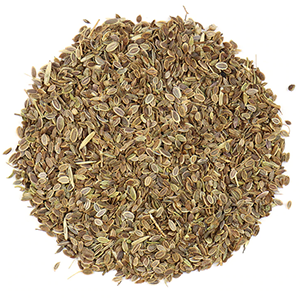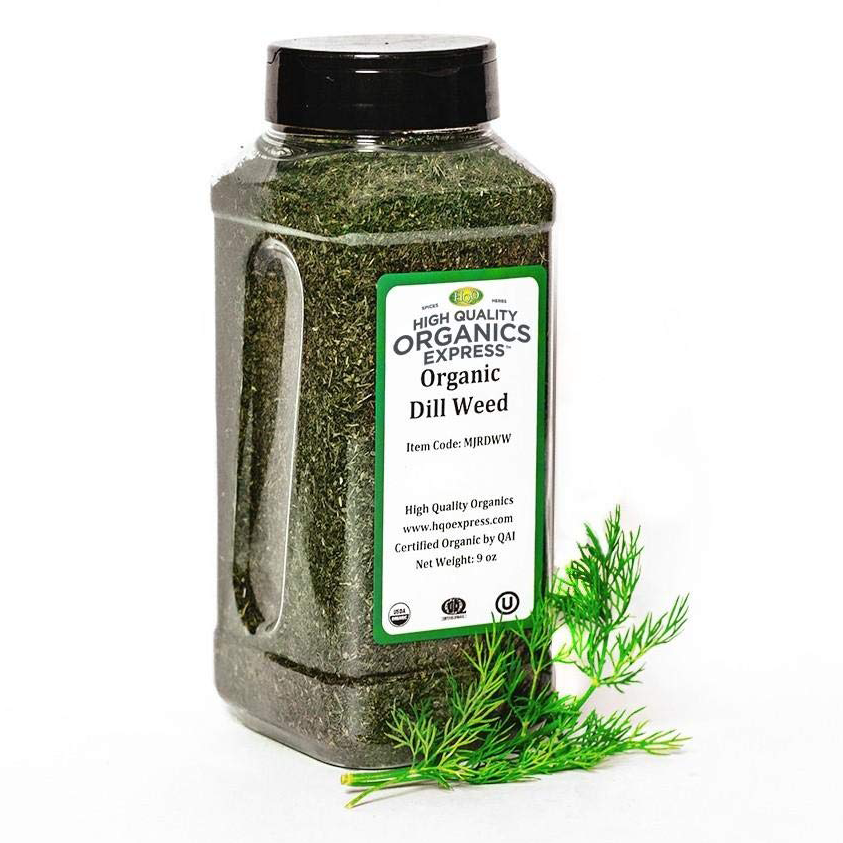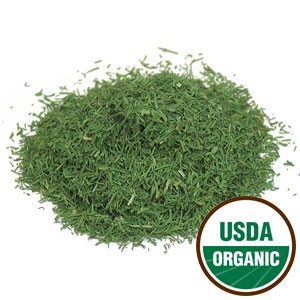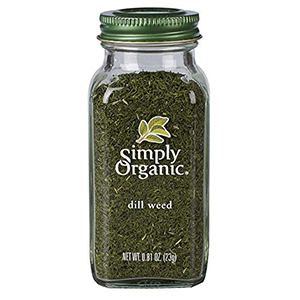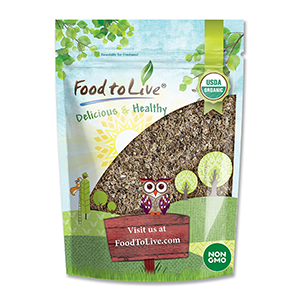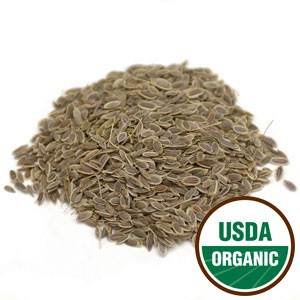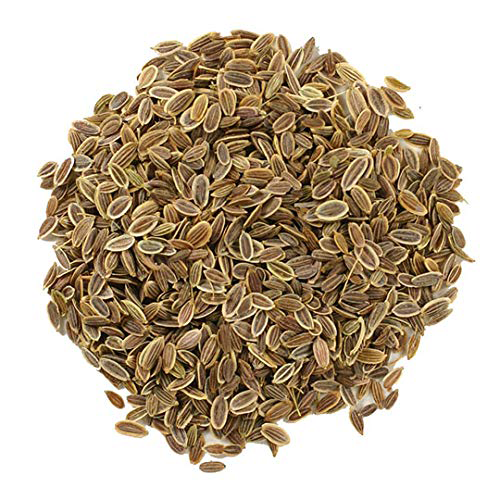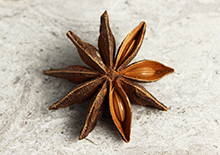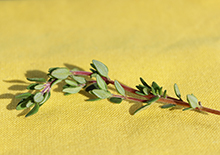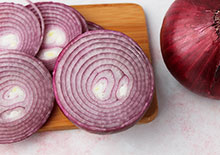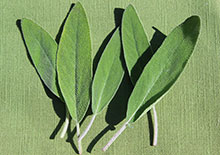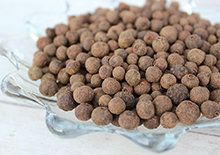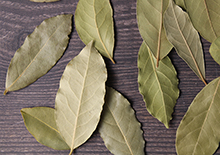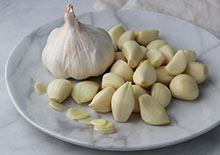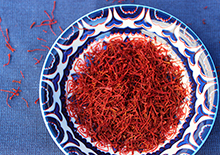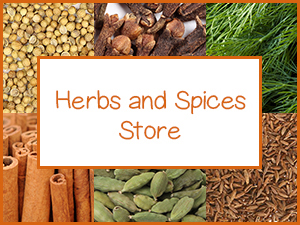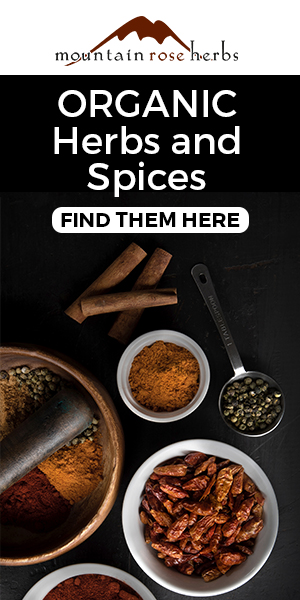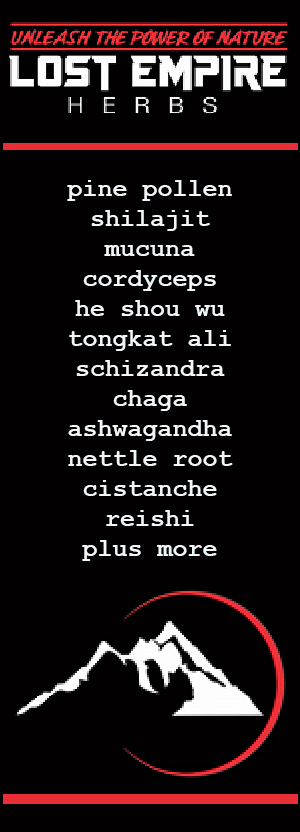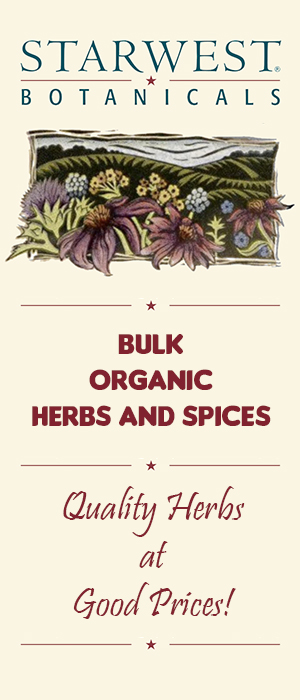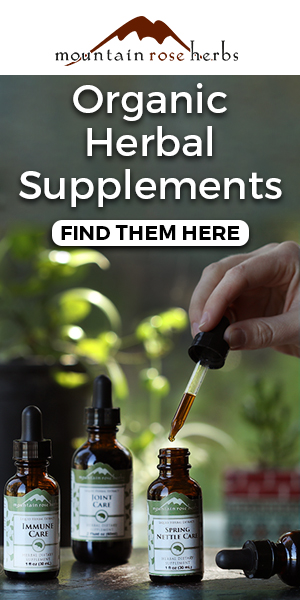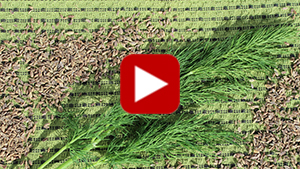- Home
- Herbs and Spices
- Uses of Dill
5 Uses of Dill and Things About Dill Weed Vs Dill Seed
Dill Weed Vs Dill Seeds | Benefits of Fresh Dill | Digestive Aid | Herbal Symbolism | Culinary Uses | Precautions | Shop
1) Dill Weed Vs Dill Seeds
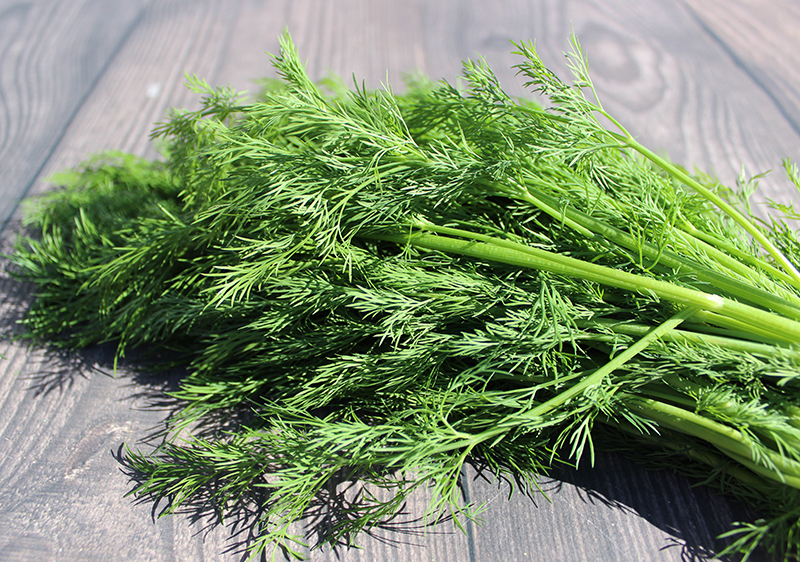
Dill is one of the common herbs utilized for its feathery green leaves as well as its small flat oval seeds. The term "dill" can refer to both.
Dill leaves and hollow stems, often called "dill weed", are frequently used fresh because of their wide availability. Dill weed is however also a typical dried kitchen spice rack variety.
The dill plant (Anethum graveolens) comes from the celery or parsley family as do other spices such as coriander, fennel, cumin and caraway that also have umbrella-shaped lacey flowers or umbellifers that produce edible seeds.
Table of Contents
Dill Weed Vs Dill Seeds | Benefits of Fresh Dill | Digestive Aid | Herbal Symbolism | Culinary Uses | Precautions | Shop
The ratio of compounds are a bit different in dill weed vs dill seeds, therefore each is known to have unique uses in cooking in addition to different herbal purposes.
Both have a distinct taste with some overlapping flavors. Generally, dill seed has a stronger slightly bitter flavor reminiscent of caraway and celery seed. The predominant compound in dill seeds is carvone and then limonene. Dill seeds are the oiliest part of the plant and are thus used to create dill essential oil.
The seed is known to have a hot acrid taste, whereas dill weed is known to have more of a delicate fennel and parsley-like taste with a cooling quality.
2) Benefits of Fresh Dill Weed
Dill and the species name "graveolens" means "strong smelling" and
likewise, in Slavic languages, the name for dill is often derived from
the words "aroma" or "odor".
The main scented compounds and
health-benefiting components in the herb itself are α-phellandrene,
limonene, dill ether and myristicin. (*)
While herbal aromatics like dill weed and others such as rosemary, sage, oregano and thyme are popular food seasonings, they are commonly overlooked for their healing potentials.
The use of these fragrant green potherbs in cooking and folk remedies is often attributed to the health and longevity of cultures known to use fresh herbs on a regular basis.
Dill weed is a great one to include on the dietary list of herb and spice options and some of the best and most potent dill weed you can consume comes straight from the garden.
The plant is an easy-to-grow annual and is one of the first herbs to come back from reseeded plants in the spring season. Dill also grows well as a container plant or a potted indoor kitchen variety when given adequate windowsill lighting.
Like parsley and cilantro, fresh dill weed is somewhat a cross between an herb and a leafy green vegetable and contains notable amounts of vitamin C and vitamin A. Rich in chlorophyll, dill weed makes a great addition to a homemade green juicing blend and can help to cleanse the body from the inside out. It is regarded as a natural remedy for bad breath.
In addition, dill's aromatic oil content has antimicrobial properties and, in some research, the seed-extracted essential oil was shown to combat certain molds and yeasts like Candida albicans.
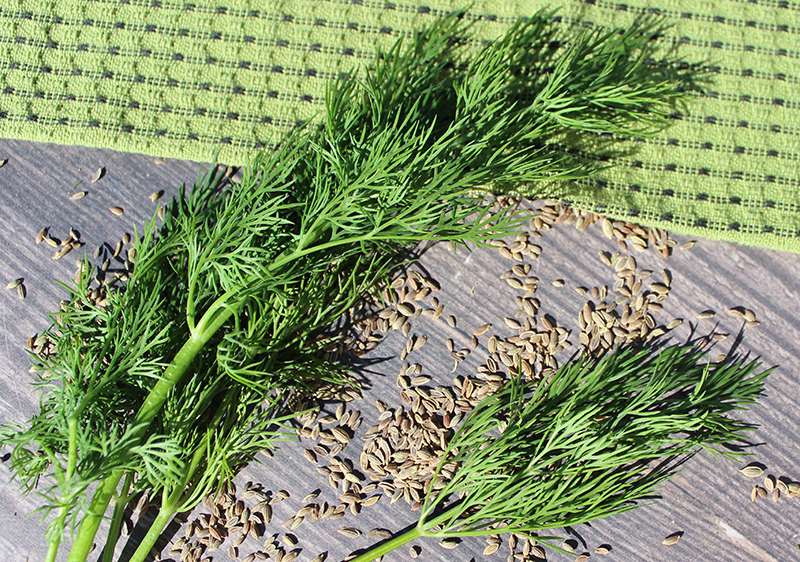
3) Uses of Dill as a Digestive Aid
Dill leaves look very similar to fennel, both of which have been used to aid digestion and abdominal discomfort. (*) It is valued as a good herb for indigestion-related insomnia.
In Ayurveda, dill (and sometimes fennel) can go by the Sanskrit name shatapushpa, which means "to produce a hundred flowers", referring to the plant's mature tops and prolific seed production.
The seed, in particular, has been utilized throughout folk herbalism
as a CARMINATIVE for indigestion and as English herbalist and physician
Nicolas Culpeper in the 1600s writes, "to expel wind, and the pains proceeding therefrom", otherwise known as flatulence or gas.
In the same regard, early 16th Century English botanist John Gerard (known for his large herb garden in London) stated in his herbal that dill "allayeth gripings and windiness."
In some folk customs, dill is traditionally given to women following childbirth to prevent colic in newborns.
Some science also suggests the seeds have potential as an anti-inflammatory especially for conditions like acid reflux.
4) Herbal Symbolism of Dill
The lesser-known phrase "chill with dill" comes from dill's calming energetic reputation.
Culpeper, also an astronomer, related the dill plant to the planet Mercury and believed it "strengthens the brain." Likewise, other herbal lore considered it as a talisman for settling mental chatter.
The genus word Anethum, which means to "lull or soothe", refers to both its carminative properties as well as its relaxing influence on the mind which are sometimes interrelated.
According to The Spirit of Herbs, dill represents innovative ideas and the release of negative thinking in order to make a fresh start. It is said to "calm the air element and help one digest new thoughts coming through."
Interestingly, in the Middle Ages, dill was known to be an antidote to sorcery and according to the Modern Herbal was "used by magicians in their spells, and charms against witchcraft." (Source)
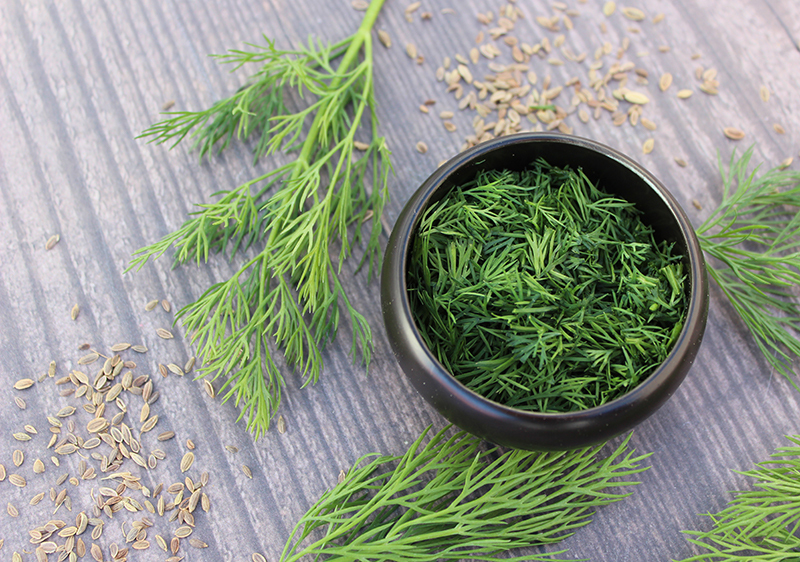
5) Cultural Culinary Uses
Fresh and dried dill and seeds have had a long history of culinary use by cultures of the Mediterranean and Eastern Europe. It is especially utilized as a staple food flavoring in many German, Scandinavian, Russian and East Slavic dishes.
Dill weed is a frequent universal seasoning that compliments foods like potatoes, seafood, eggs, root vegetables, cucumbers, cabbage and dairy, especially sour cream and yogurt.
Both the seeds and herb are incorporated into salad dressings, sauces and dips.
Dill weed and stems are a very popular ingredient in many soups, like borscht, Czech kulajda and Bulgarian tarator. This aspect corresponds to the Serbian proverb "to have dill in every broth" ("бити мирођија у свакој чорби").
The bright feathery greens are often used as a garnish or chopped fresh into many types of salads.
Dill seed, stems and sometimes the entire flowering crown, called a krondill, are also utilized in flavoring fermented or brined cucumbers, known as dill pickles.
All types of dill are used when fermenting vegetables and especially cabbage when making sauerkraut.
Precautions:
Consult your health care professional before adding large amounts of dill to the diet especially if you are pregnant, nursing, taking prescribed medications or have a serious health issue.
Shop Related Products (About Affiliates & Amazon Associate Paid Links)
Affiliate Disclaimer: This section contains affiliate product links. If you make a purchase through our recommended links, we receive a small commission at no additional cost to you. Thanks for the support.

